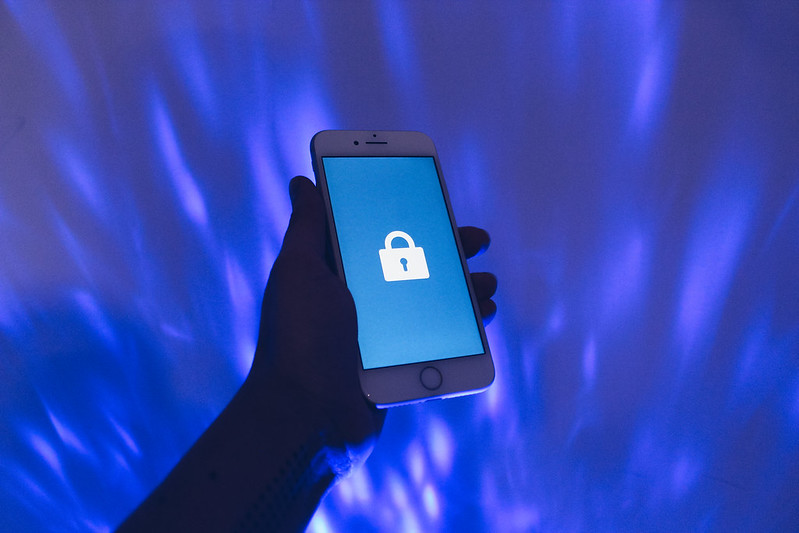
Contact Tracing is an Opportunity for Tech Companies to Prove they Value Privacy
By: Henry Rademacher
In the next few weeks, the American people are going to hear a lot about contact tracing. Despite raising concerns about privacy and the role of government, contact tracing is one of the few practices that experts believe can result in serious progress towards ending the COVID-19 crisis.
Google and Apple, the companies whose model is likely to see the widest adoption have thoroughly outlined how contact tracing can be done digitally in a way that assures anonymity, security, and transparency. As criticism of tech companies frequently centers around privacy issues, tech companies have an opportunity with contact tracing to show the public that privacy is something they take seriously.
Contact tracing is often misrepresented as a technology. It is actually a methodology to mitigate the spread of infectious diseases. History is replete with examples of authorities using contact tracing to address public health risks. Much of the controversy over the modern use of contact tracing stems from people misunderstanding it as simply government-mandated location tracking.
Technologies that track the location of connected devices have been around for decades and are among the most widely used technologies in the world. For example, Google Maps is used by more than 1 billion people each month. However, the Google/Apple system for contact tracing does not track users’ location. It uses Bluetooth to track signals emitted from users’ cellphones, then compiles them in heavily encrypted databases. If enough people opt-in to the system, the databases will have enough information to give health experts a clear picture of what devices have been in close proximity to one another.
The key feature of the Google/Apple model is that users have to opt-in. Because the app has to be downloaded and installed, users have control over whether or not they want to participate in the system.
In addition to proximity data, widespread adoption of anonymous contact tracing would provide governments and health organization with information on hotspots, areas in need of resource deployment, and much more information they would not have otherwise.
Governments and health organizations see tremendous potential in digital contact tracing. But the adoption of this technology raises serious concerns about privacy and the government’s role in defining and protecting it. Millions of people are uncomfortable with the idea of the government acquiring such massive amounts of data in such a short period of time. The Google/Apple model addresses these concerns by placing strict limits on the type of data that is collected and who it is shared with.
There is no evidence to indicate the federal government can implement a system like contact tracing in a manner that protects users’ privacy. If such a system is inevitable, the onus will be on the tech companies to deliver a product that moves the needle on public health, while also prioritizing privacy.
The Google/Apple system stores collected data anonymously in a decentralized location. The purpose of this is to prevent governments from abusing the system in order to harvest their citizens’ data. The combination of Bluetooth signals, decentralization, and strong encryption should result in Google and Apple developing a system that is about as close to anonymous as possible.
Privacy advocates often make the point that the American people will not have the opportunity to vote on contact tracing. But, if the system put in place gives users a choice whether or not to opt-in, then they can simply choose to not download the app. Because the Google/Apple model is predicated letting users decide if they want to participate or not, it appears to be the most pro-consumer, pro-privacy option on the table.
Photo credit: Stock Catalog (flickr)